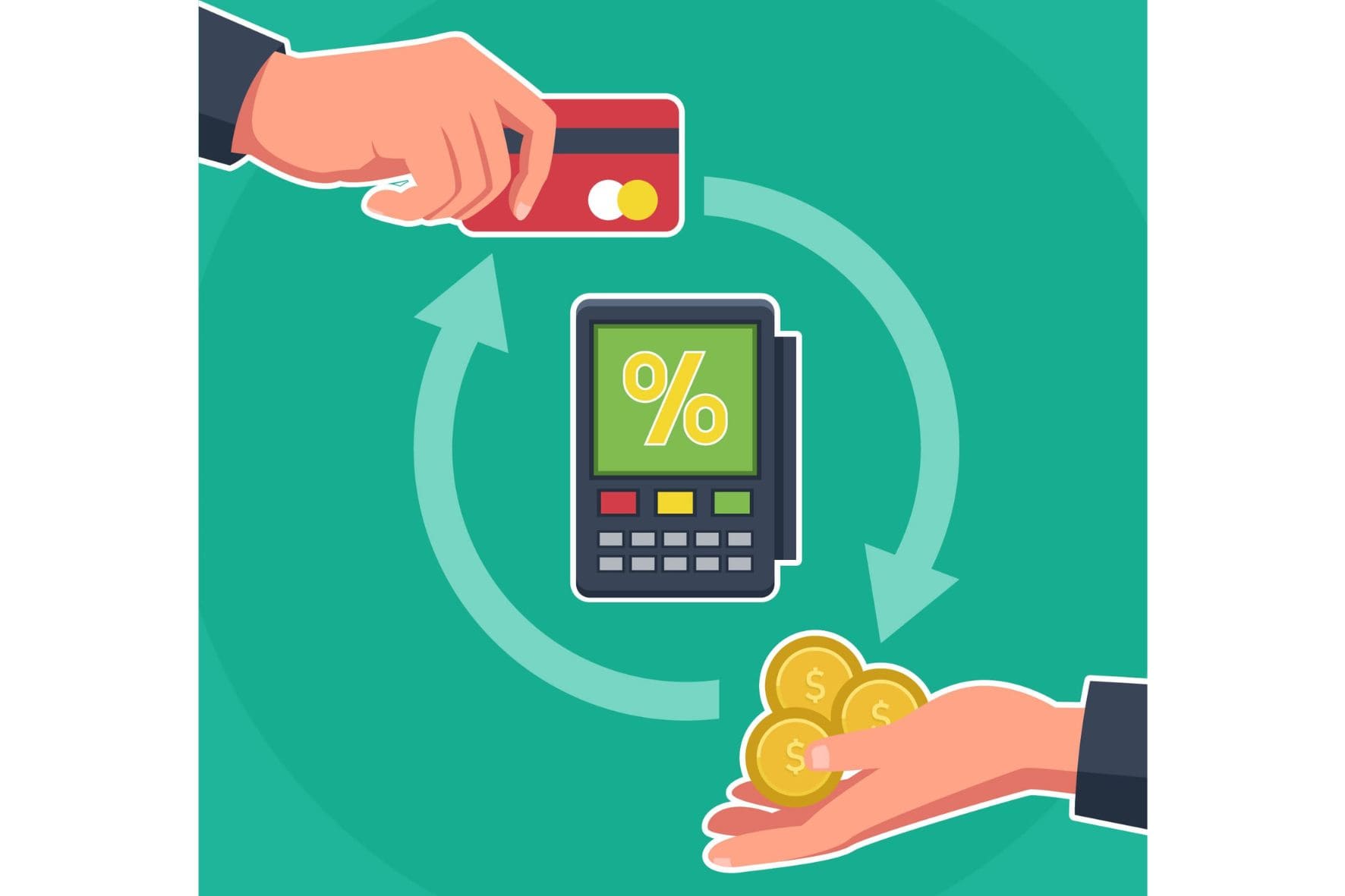Credit cards can be both a blessing and a curse. When used responsibly, they offer convenience, rewards, and the ability to build credit. However, when mismanaged, they can lead to overwhelming debt, high-interest payments, and financial stress. For beginners looking to save money and avoid debt, understanding how to use a credit card wisely is crucial. Here are 30 practical tips for using a credit card responsibly.
1. Know Your Credit Limit
Before using your credit card, familiarize yourself with your credit limit. Never spend more than 30% of your available credit, as exceeding this can negatively impact your credit score and increase the risk of falling into debt.
2. Pay Your Balance in Full Every Month
To avoid paying interest, make it a habit to pay your credit card balance in full each month. This not only saves money on interest fees but also keeps your debt under control.
3. Create a Budget for Credit Card Spending
Use your credit card as part of a budget. Allocate specific amounts for purchases and never use the card for items outside of your planned spending.
4. Set Up Automatic Payments
Set up automatic payments to ensure you never miss a due date. Late payments can result in fees and negatively impact your credit score.
5. Pay More Than the Minimum Payment
While credit cards often allow you to make a minimum payment, this can lead to accumulating interest. Always aim to pay more than the minimum to avoid long-term debt.
6. Monitor Your Credit Card Statements Regularly
Review your credit card statements each month to ensure that all charges are accurate and to keep track of your spending. This also helps you spot any fraudulent transactions early.
7. Avoid Using Credit for Everyday Expenses
Using your credit card for groceries, gas, or other daily expenses can lead to a balance that’s difficult to pay off. Instead, reserve your card for larger, planned purchases or emergencies.
8. Limit the Number of Credit Cards You Own
Having multiple credit cards can be tempting, but it can also make managing payments more difficult. Stick to one or two cards to keep things simple and manageable.
9. Know Your Interest Rate (APR)
Familiarize yourself with your card’s interest rate. If you carry a balance, understanding the APR will help you calculate how much extra you’ll pay in interest.
10. Use Rewards Cards Wisely
If you have a rewards credit card, only use it for purchases you can afford to pay off immediately. Avoid spending more just to earn points or cashback.
11. Avoid Cash Advances
Cash advances often come with high fees and interest rates. If you need cash, consider other options before using your credit card.
12. Keep Track of Due Dates
Missing a payment can result in late fees and a damaged credit score. Use reminders or set up notifications to ensure you never miss a due date.
13. Don’t Max Out Your Credit Card
Using the full credit limit on your card can hurt your credit score and leave you with little room for emergencies. Try to keep your balance well below the limit.
14. Use Credit Cards for Emergencies Only
If you’re trying to save money and avoid debt, consider using your credit card only for emergencies. This reduces the temptation to overspend.
15. Understand Grace Periods
Many credit cards offer a grace period, which is the time between the statement closing date and the payment due date. During this period, no interest is charged if you pay your balance in full.
16. Negotiate Lower Interest Rates
If you’ve been a responsible cardholder, you may be able to negotiate a lower interest rate with your credit card company. This can save you money if you carry a balance.
17. Don’t Fall for Introductory Offers
Many credit cards offer low introductory interest rates or rewards programs to attract new users. While these offers can be appealing, always read the fine print and know when the rates will increase.
18. Use Alerts to Monitor Spending
Many credit card issuers allow you to set up alerts for various account activities, such as purchases over a certain amount or nearing your credit limit. Use these tools to stay on top of your spending.
19. Be Cautious with Balance Transfers
Balance transfer offers can seem like a great way to consolidate debt, but they often come with fees and higher interest rates after an introductory period. Weigh the costs before transferring balances.
20. Avoid Store Credit Cards
While store credit cards often come with tempting discounts, they tend to have higher interest rates and lower credit limits, making it easier to overspend.
21. Use Your Credit Card Sparingly
If you find yourself frequently reaching for your credit card, consider using cash or a debit card for small, everyday purchases. This helps curb impulse spending.
22. Understand Your Card’s Fees
Credit cards come with various fees, including annual fees, late payment fees, and foreign transaction fees. Read the terms of your card to avoid unnecessary charges.
23. Be Aware of Over-the-Limit Fees
Some credit card issuers charge a fee if you go over your credit limit. This can also negatively impact your credit score, so always stay within your limit.
24. Don’t Open Too Many Credit Accounts at Once
Opening multiple credit card accounts in a short period can lower your credit score. Apply for new cards only when necessary.
25. Know When to Stop Using Credit
If you’re struggling to pay off your balance each month, stop using your credit card until you’ve regained control of your finances.
26. Use a Secured Credit Card for Building Credit
If you’re new to credit or rebuilding your credit score, consider using a secured credit card. These cards require a deposit and can help you establish a positive credit history.
27. Avoid Impulse Purchases
It’s easy to overspend when using a credit card. Before making any purchase, ask yourself if it’s necessary and if you can afford to pay it off immediately.
28. Check Your Credit Report Regularly
Your credit report contains information about your credit history, including your credit card accounts. Review it regularly to ensure there are no errors or signs of identity theft.
29. Be Aware of Promotional Financing Offers
Some credit cards offer promotional financing for large purchases, such as “no interest for 12 months.” While this can be a good deal, be sure you can pay off the balance before the promotional period ends to avoid retroactive interest.
30. Set Financial Goals
Using a credit card responsibly should be part of your overall financial plan. Set clear financial goals, such as paying off debt or saving for a large purchase, and use your credit card to support these goals without derailing your budget.
Conclusion
Credit cards are powerful financial tools when used responsibly. For beginners, the key to avoiding debt and saving money is to stay informed, monitor spending, and make timely payments. By following these 30 tips, you can develop healthy credit habits that will help you achieve long-term financial stability. Always remember, discipline and mindful spending are crucial to making the most out of your credit card without falling into the trap of debt.




